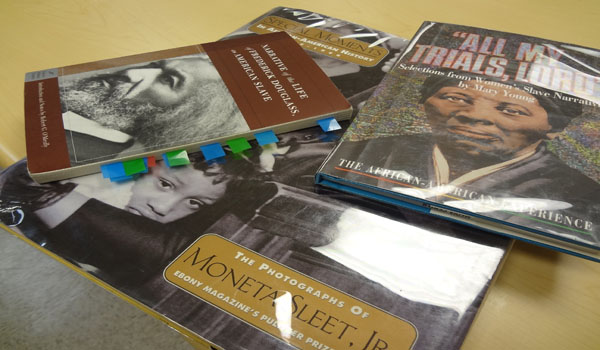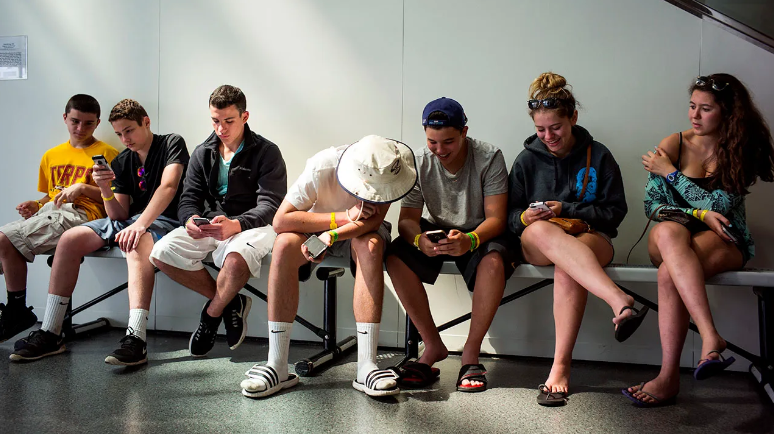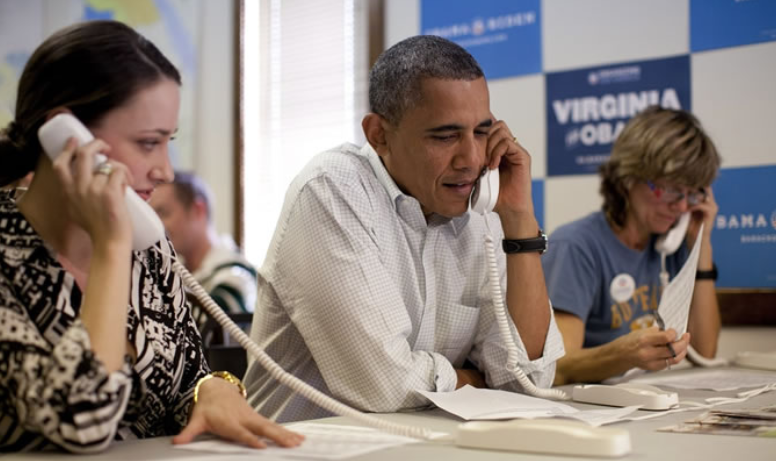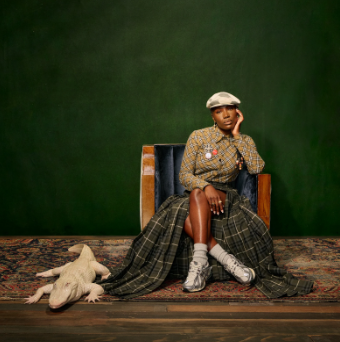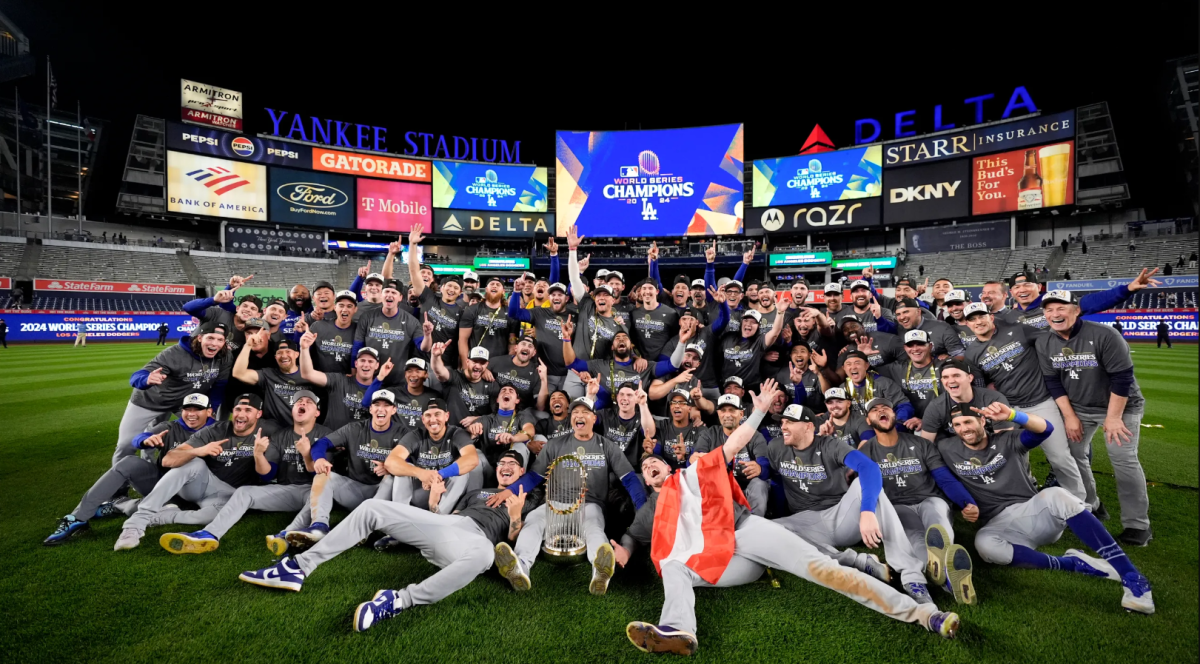“The month of February is Black History Month.”
Over the years, it seems this is the closest schools come to acknowledging this month. They simply announce it on the morning news, slipped in between the success pass drawings and after-school activities.
But is that really how we should recognize this month?
“When I started [teaching] 10 years ago, they celebrated it more,” said dean of students Anthony Washington. “One of the schools I was at before did trivia, but now it seems like there is a decline in the month’s observance.”
Indeed there has been a visible decline in the observance of this historical time. There used to be an effort to incorporate African American History into social studies classes. However, without a requirement to acknowledge this topic, the history is being ignored by teachers and thus, slipping by students.
“I’m going to try to have my class do a project that corresponds with Black History Month,” said USVA teacher Carl Jones. “I don’t think it’s really observed.”
Some history classes were not even able to find time to “fit” black history into the course work before an exam.
“I feel like learning about every part of our country’s history is important and should not be overlooked even for standardized tests,” said junior Anna Pleskow.
History is studied because it is important that a generation remembers how far they have come. All students are enriched by their immersion in multiple cultures. Thus, should this enlightening history not be placed higher up in curriculum priorities?
“Everyone should learn black history because so many people have used no-violence like Martin Luther King Jr. to respond to injustice,” said clinic nurse Brenda Smith. “I think black history is the most fascinating history and is a great story of triumph.”
We study people who “contributed to this country” in our history courses. People like the founding fathers frequently receive recognition in classrooms because they laid the figurative groundwork for what this country is today.
But African Americans laid the literal ground work, built the real buildings and did the grueling hard work. No one story is better. Both black and white people contributed an immense amount to what our country is today. But, as a result of this, both cultures should be honored for what each culture did.
This has not been the case at South Lakes.
“They say stuff on the morning announcements, but [Black History Month] is never really stressed,” said senior Austin Chutz. “They don’t make too huge a deal about it.”
That must change this February. There are many ways South Lakes can contribute towards the honor of this month instead of what it is doing right now.
“I think we forget that we have people in our backyard who went through the civil rights movement,” said assistant principal Kim Greer. “People from the Civil Rights Movement are still around, and they still have stories to tell about what it was like to go through the civil rights movement.”
If nothing is done this February other than a quote on the news, it will not be because of a scarcity on the topic, it would be because it was not thought of as important.
“We just need to do something to honor this month,” said Smith. “We need to respect and celebrate where we have come from and what we have done.”








